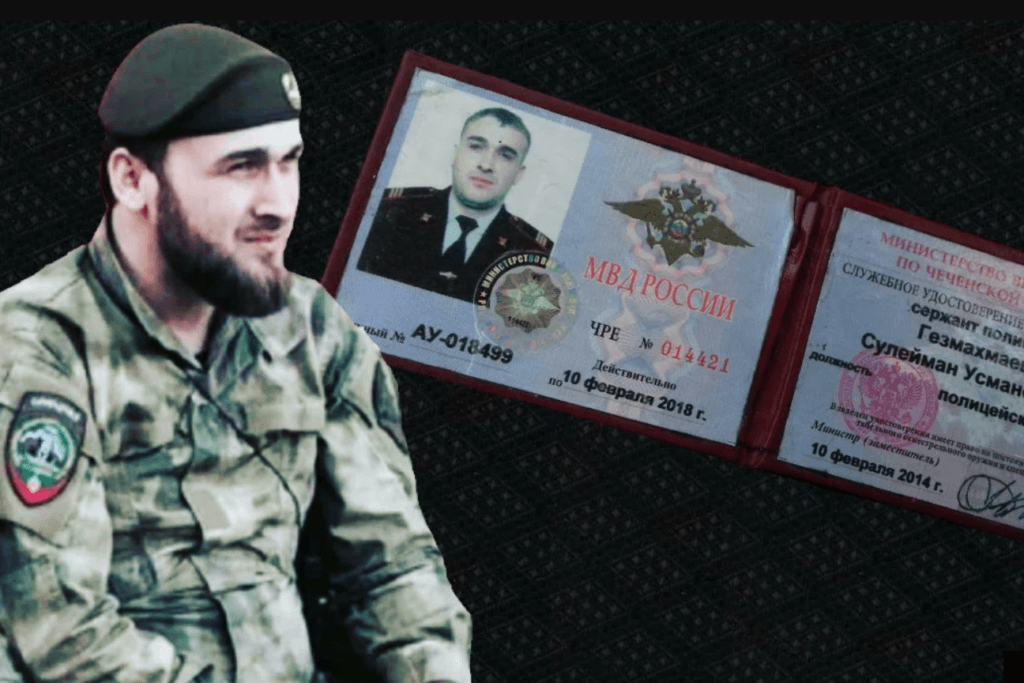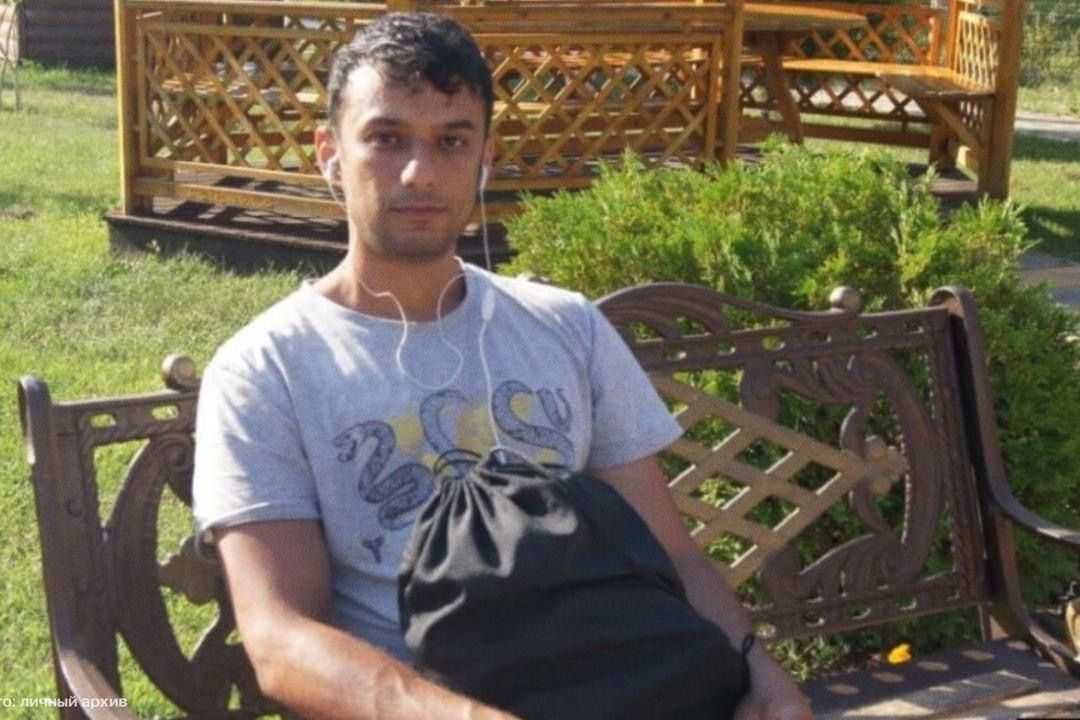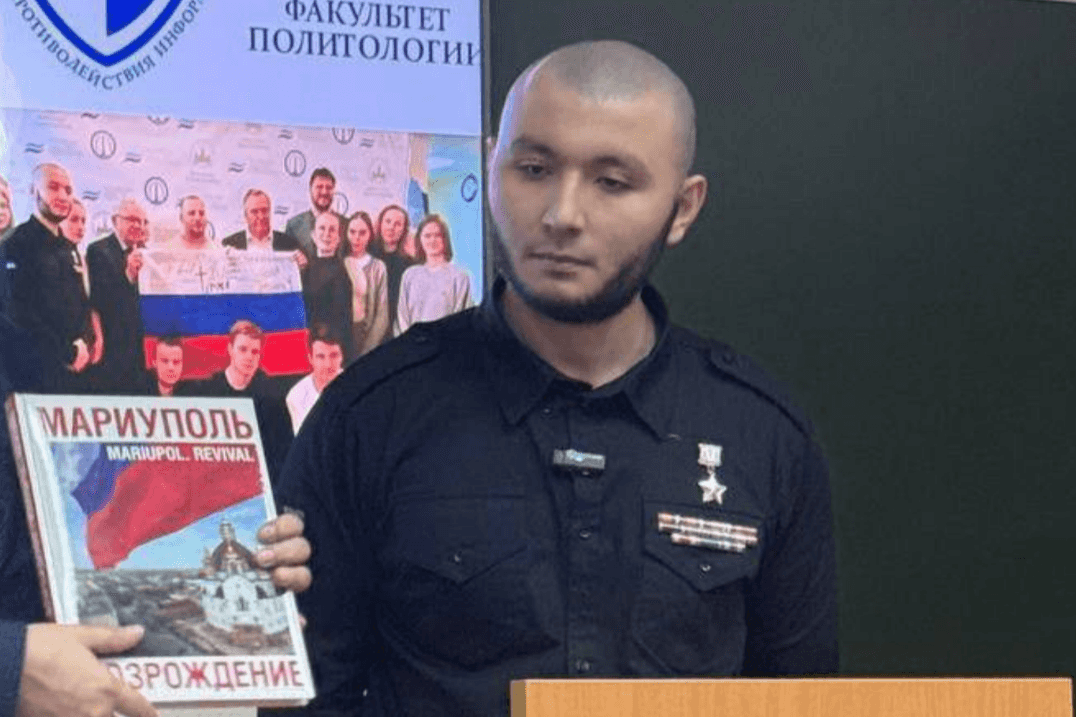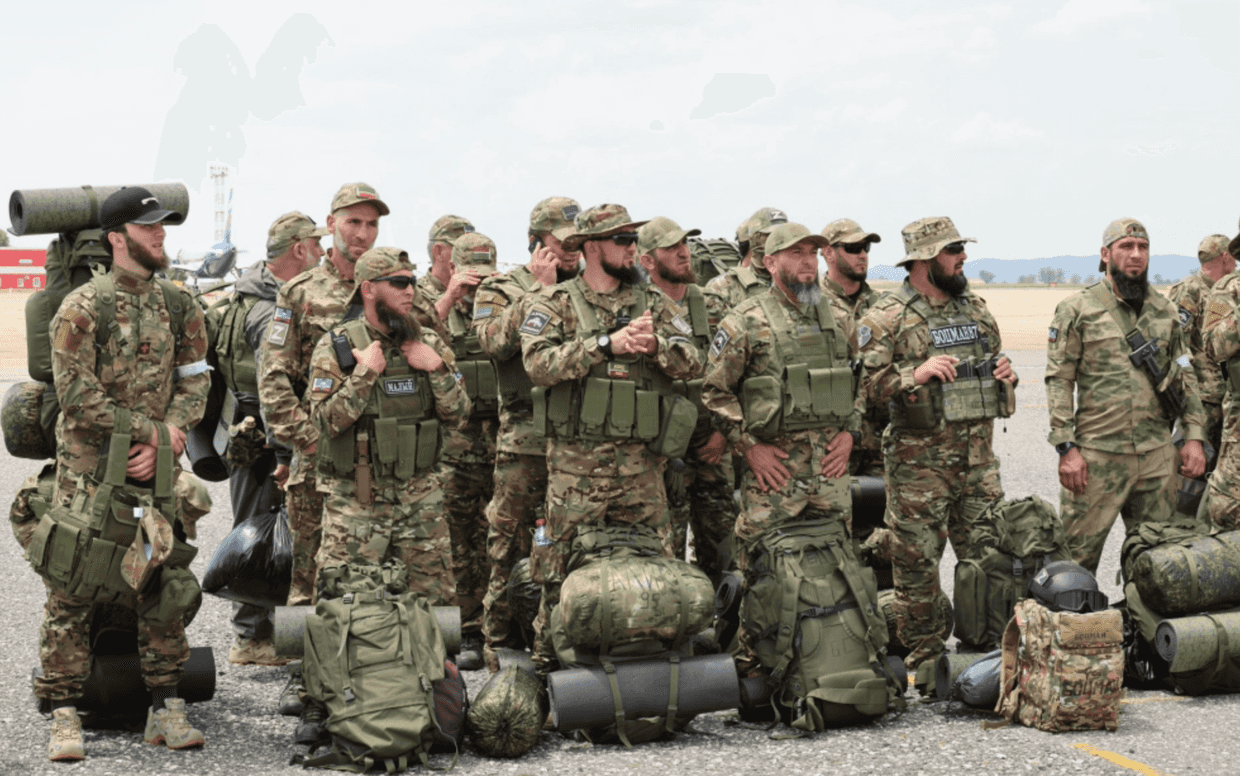
Novaya Gazeta has published the story of Suleiman Gezmakhmaev, a former employee of the Chechen Interior Ministry and an alleged witness to extrajudicial executions.
According to the newspaper, Suleiman Gezmakhmaev, senior sergeant of the Akhmat Kadyrov police patrol regiment of the Ministry of Internal Affairs for the Republic of Chechnya was directly involved in the illegal detentions of Chechen residents.
In December 2016 and January 2017, he reportedly detained people, guarded them in the basement of the regiment base and witnessed their torture.
‘The detainees were all subjected to torture with electricity, beatings with truncheons, rubber hoses, as well as torture with the help of a 100-litre blue plastic barrel filled with water, into which the detainee, suspended by his legs from a hook fixed on the ceiling, was lowered head downward’, an excerpt from a letter written by Gezmakhaev in 2017 and handed over to Novaya Gazeta reads.
According to Gezmakhmaev, Republic Head Ramzan Kadyrov’s cousin, Turpal-Ali Ibragimov, personally participated in the murder of at least 13 illegally detained persons.
Novaya Gazeta also reports that Gezmakhmaev also personally participated in the interrogations of detainees and witnessed the execution of at least 13 of the 27 Chechens, who were killed on the night of 26 January, 2017. Part one of the Novaya Gazeta investigation concerned the circumstances surrounding this mass killing.
[Read on OC Media: Novaya Gazeta: Russian police forced abductees to swear allegiance to ISIS before killing them]
Russian Presidential spokesperson Dmitry Peskov commented on the publication of the first part of the investigation, stating that it ‘cannot be considered as evidence of extrajudicial executions’ and that the claims must first be investigated by law enforcement. At present Russian law enforcement has refused to open a criminal investigation.
Dismissal
Gezmakhmaev said he left the Kadyrov regiment after his colleague and close friend Suleiman Saraliev was killed on suspicion of homosexuality.
According to Gezmakhmaev, while a part of the Kadyrov regiment Saraliev was forced to strangle to death one of the detainees, Makhma Muskiev, on the night of the mass execution in January 2017.
‘Suleiman told me that he could not forget Muskiev’s face at the moment when he was killed […] He kept saying that he saw Makhma Muskiev in his dreams at night, couldn’t sleep well, got hooked on Lyrica. He became obsessed with telling someone about the execution’, Gezmakhayev said.
As a result, the two of them went to a meeting with Saraliev’s friend Minkail, who worked ‘either in the investigative committee or in the prosecutor’s office’, to say what had happened. Minkail asked to give him a week to consult with his superiors, but he never got back in touch.
At the end of March 2017, Gezmakhmaev, who said he was on sick leave at the time, learned that Abuzeid Vismuradov, the deputy prime minister of the republic and a close ally of Ramzan Kadyrov, was visiting the Kadyrov regiment.
He brought with him a detainee who claimed that Saraliev was gay and said that he had stayed in the same apartment as him. The next day, Saraliev was buried without a funeral.
Gezmakhmaev believes that his friend could have been ‘dealt with as a gay man, because he spoke about the execution of the detained Chechens’.
Evacuation
At the end of April 2017, Gezmakhmaev and his family left Russia through Belarus, first to Poland, and then to Germany, where he asked for political asylum.
The migration services denied Gezmakhmayev and his family asylum on the basis of the ‘Dublin Rule’, according to which the authorities of the country through which the applicant entered the European Union must provide asylum.
In Poland, Gezmakhmaev faced imprisonment for violating immigration rules, additionally he felt threatened by the presence of Poland’s large Chechen diaspora — of whom many members have strong ties with officials in Chechnya.
In the second part of the investigation, journalist Elena Milashina describes how, together with human rights activists and lawyers, Novaya Gazeta organised an operation to evacuate Gezmakhmaev, first from the European Union and then from Russia.
After leaving Poland, Gezmakhmaev and his family lived in Russia for a year and a half with no contact with family and friends — for security reasons — until their evacuation.
Before part two of the investigation was published, Gezmakhmaev’s relatives were also evacuated from Russia.
Press Secretary of the Russian President Dmitry Peskov, commenting on this publication, said that it “cannot be considered as evidence of some extrajudicial executions” and that it should be studied by the law enforcement agencies at whose disposal it is.
Novaya Gazeta continued its investigation despite the final refusal of the Russian investigating authorities to open a criminal investigation into the extrajudicial executions in March 2018.









